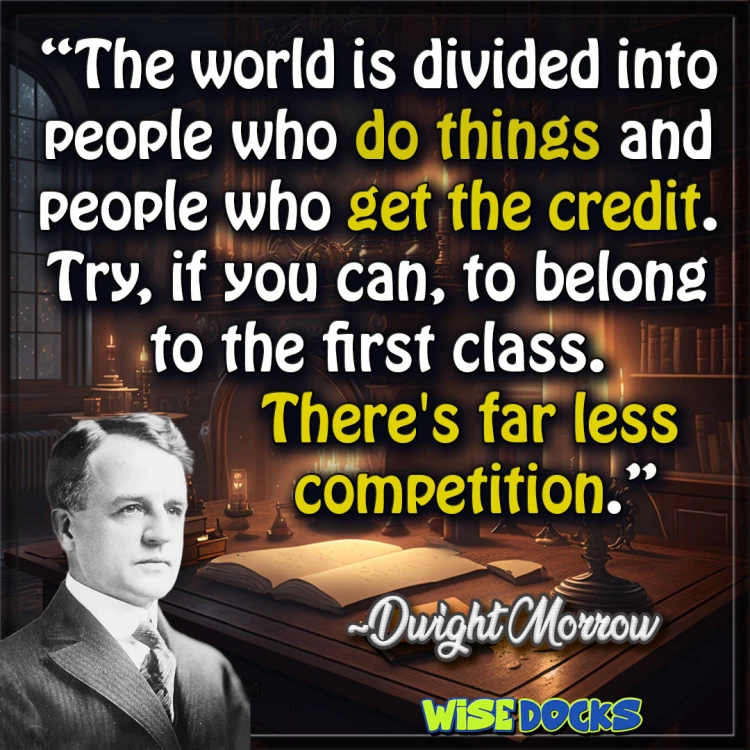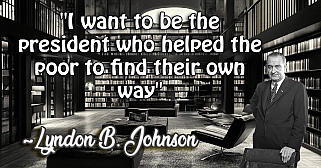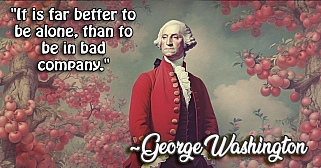Dwight Morrow: The Diplomat Who Bridged Nations

Dwight Morrow
Early Life and Education
Dwight Whitney Morrow was born on January 11, 1873, in Huntington, West Virginia. The son of James Elmore Morrow, a college professor, and Clara Morrow, he grew up in a family that valued education and public service. Dwight showed an early aptitude for academics, excelling in his studies at Allegheny College and later transferring to Amherst College, where he graduated in 1895. His education laid a solid foundation for his future endeavors in law, finance, and diplomacy.

Legal and Financial Career
After completing his education, Morrow pursued a law degree at Columbia Law School. He began his career in law, but his ambitions soon led him to the world of finance. In 1903, he joined the esteemed investment bank J.P. Morgan & Co. His keen intellect and exceptional negotiating skills quickly earned him a reputation as a formidable financier. Morrow's work at J.P. Morgan involved him in numerous high-profile deals and corporate reorganizations, solidifying his status as a leading figure in the financial sector.
Marriage and Family Life
In 1903, Dwight Morrow married Elizabeth Reeve Cutter, a fellow Amherst alumna. The couple had four children: Anne, Elizabeth, Constance, and Dwight Jr. Their family life was marked by a commitment to public service and intellectual pursuits. Elizabeth Morrow was an accomplished writer and philanthropist, and their daughter, Anne Morrow Lindbergh, would later gain fame as an author and the wife of aviator Charles Lindbergh.
Entry into Politics
Morrow's successful career in finance did not go unnoticed by political leaders. In 1925, President Calvin Coolidge appointed him as the U.S. Ambassador to Mexico, a role that would become one of the defining aspects of his career. At the time, U.S.-Mexico relations were strained, and Morrow was seen as a man who could navigate the complex political landscape and foster better relations between the two nations.
Ambassador to Mexico
Dwight Morrow's tenure as U.S. Ambassador to Mexico from 1927 to 1930 was marked by significant diplomatic achievements. He arrived in Mexico during a period of tension and conflict, but his approach to diplomacy was characterized by empathy, respect, and an understanding of Mexican culture and politics.
Building Bridges
Morrow's diplomatic style was revolutionary for its time. Instead of imposing U.S. policies and interests, he sought to build bridges and foster mutual understanding. He made it a point to learn Spanish and familiarize himself with Mexican customs and traditions. This cultural sensitivity endeared him to the Mexican people and government officials.
The Bucareli Agreements
One of Morrow's notable achievements was the negotiation of the Bucareli Agreements in 1923. These agreements resolved several contentious issues between the U.S. and Mexico, including oil rights and property disputes. Morrow's skillful diplomacy and ability to find common ground were instrumental in reaching these agreements, which significantly improved bilateral relations.
Cultural Diplomacy
Morrow believed that cultural diplomacy was as important as political negotiations. He supported and promoted cultural exchanges between the U.S. and Mexico, including art exhibitions, educational programs, and musical performances. His efforts helped to humanize U.S. policies and foster goodwill among the Mexican populace.
The Lindbergh Connection
Dwight Morrow's diplomatic mission in Mexico coincided with a significant personal event—the courtship and eventual marriage of his daughter, Anne Morrow, to the famous aviator Charles Lindbergh. The Lindberghs' visits to Mexico were widely publicized and served to enhance Morrow's diplomatic efforts. Charles Lindbergh's goodwill flights and public appearances helped to strengthen the image of the U.S. as a friendly and supportive neighbor.
Contributions to Aviation
Morrow's influence extended beyond diplomacy into the realm of aviation. He recognized the potential of aviation as a means of fostering international cooperation and understanding. Morrow played a key role in organizing the Pan American Conference on Aviation in 1928, which aimed to promote air travel and establish aviation regulations across the Americas. His efforts contributed to the development of international aviation standards and the growth of commercial air travel.
Return to the United States
After concluding his service as Ambassador to Mexico, Dwight Morrow returned to the United States in 1930. His successful diplomatic career had elevated his status as a respected statesman, and he continued to be involved in public service and politics. Morrow was elected as a U.S. Senator from New Jersey in 1930, furthering his commitment to public service.
Senator from New Jersey
Morrow's tenure as a U.S. Senator was marked by his dedication to economic reform and social progress. He advocated for policies that addressed the challenges of the Great Depression and supported initiatives aimed at economic recovery and social welfare. Morrow's experience in finance and diplomacy provided him with a unique perspective on the complexities of governance during a turbulent period in American history.
Legacy and Impact
Dwight Morrow's legacy is multifaceted, reflecting his contributions to diplomacy, finance, aviation, and public service. His diplomatic achievements in Mexico set a standard for cultural sensitivity and mutual respect in international relations. Morrow's efforts to promote aviation helped to lay the groundwork for the growth of commercial air travel and international cooperation in aviation.
Education and Philanthropy
Morrow's commitment to education and philanthropy is also a significant part of his legacy. He served as a trustee of Amherst College and supported various educational initiatives throughout his life. Morrow's philanthropic efforts extended to numerous causes, including healthcare, education, and the arts.
The Morrow Family Legacy
The Morrow family's legacy of public service and intellectual achievement continued through the generations. Anne Morrow Lindbergh became a renowned author and aviator, contributing to literature and aviation history. The Morrow family's commitment to public service and cultural enrichment remains a lasting testament to Dwight Morrow's values and vision.
Dwight Morrow's life and career exemplify the impact of diplomacy, cultural sensitivity, and public service. His achievements as a diplomat, senator, and advocate for aviation continue to inspire and inform contemporary approaches to international relations and public policy. Morrow's legacy serves as a reminder of the importance of empathy, respect, and collaboration in addressing global challenges and fostering mutual understanding among nations.


